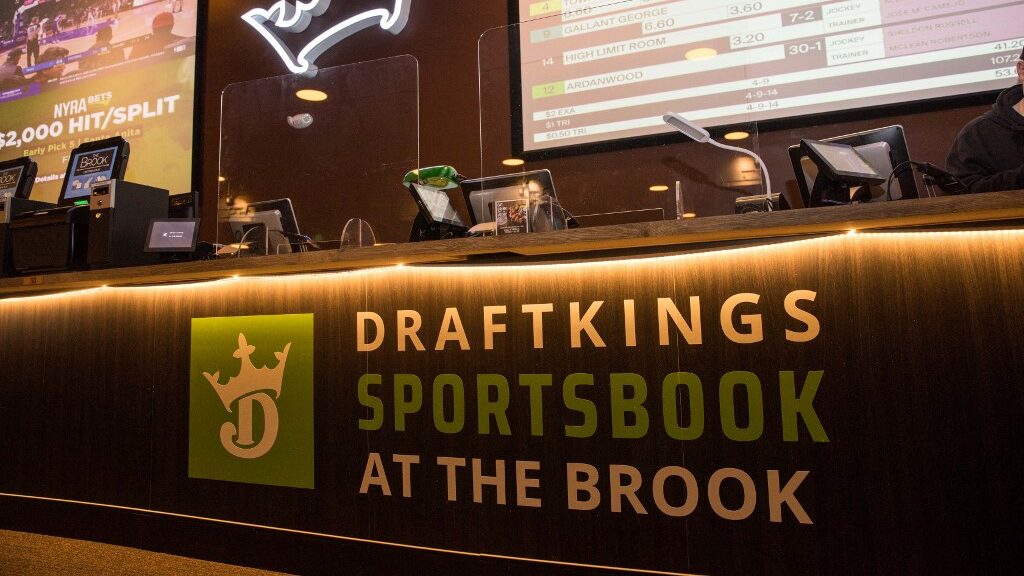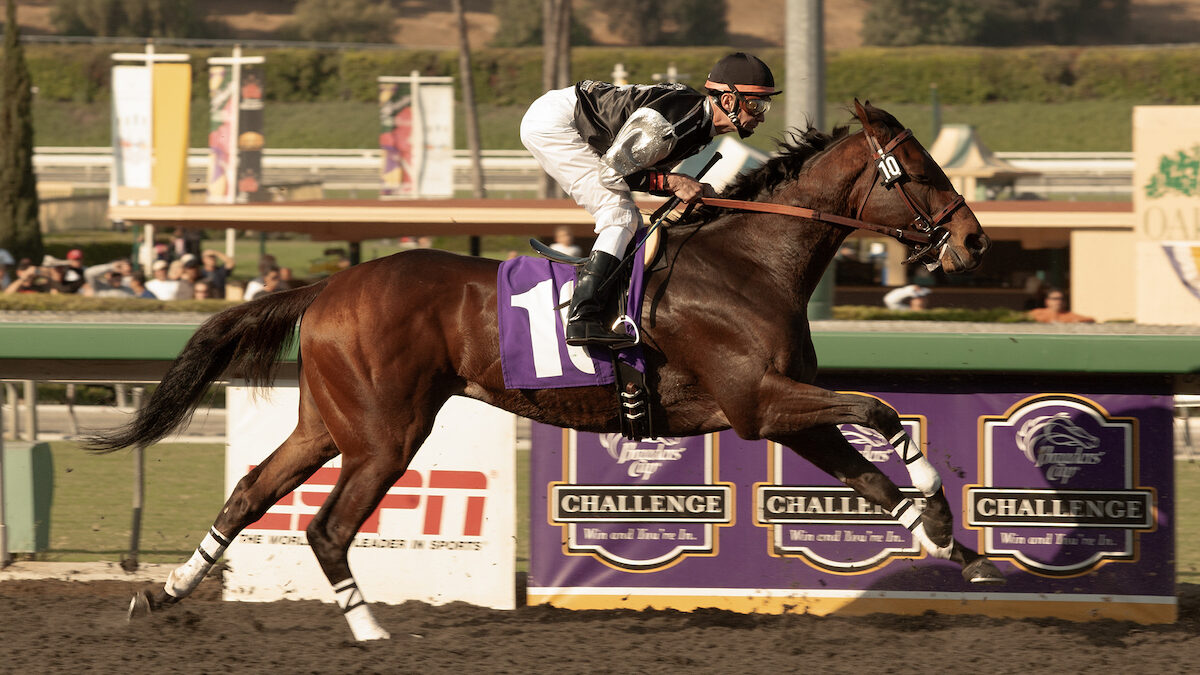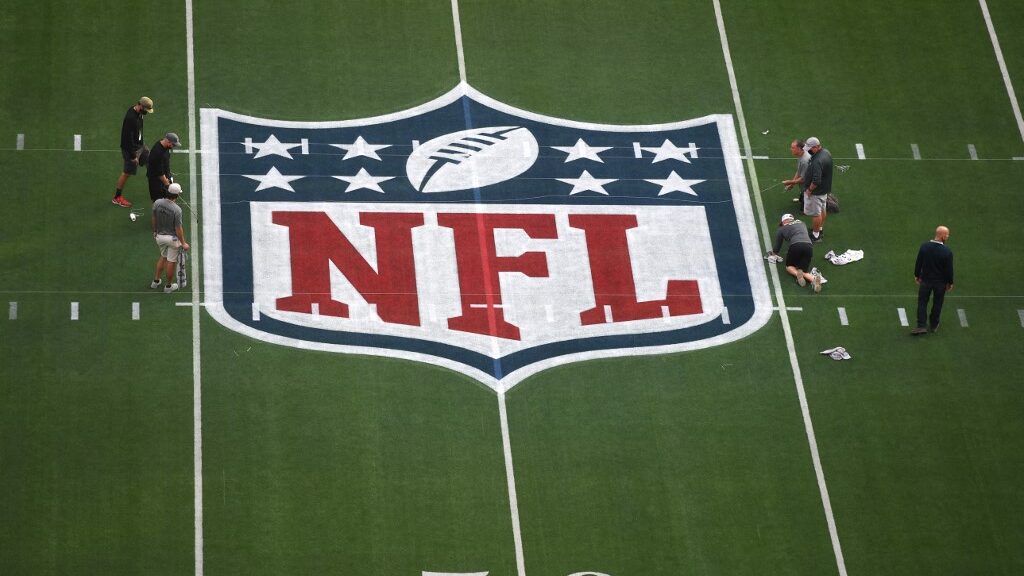
A sweepstakes-style social sportsbook, Fliff, is the defendant in a $5 million class action lawsuit filed by a former customer, Bishoy Neshim. He claims real money can only be won if real money is deposited, which would violate state and federal gambling laws.
Let’s explore the primary arguments presented in the lawsuit and examine the opposing viewpoint regarding the ambiguous aspects of online sportsbooks and sports betting in California.
Let’s Settle It
Fliff is a social sportsbook using a sweepstakes-style system to avoid conflict with illegal gaming laws. However, California resident, Bishoy Neshim, claims it violates the federal Wire Act, the California Unfair Competition Law, and anti-bookmaking laws. Neshim also claims he lost $7000 using the app and wants to be compensated to the tune of $5 million.
Judge Sunshine S. Sykes of the Central District of California agreed with Fliff that the moment a customer signs the company’s terms and agreements, they waive the right to bring the company to court. This is why this action has been moved to a neutral-party arbitration process which prohibits other customers from joining the class action lawsuit.
The case cited by Neshim, a California Supreme Court decision in Armendariz v. Found. Health Psychcare Servs., determined an arbitration agreement may not limit statutorily imposed remedies such as punitive damages or attorney fees.
However, Judge Sykes characterized the comparison to that case as misleading and stated, “After careful review of Armendariz, the Court finds Neshim and his counsel mischaracterize the above quote. The quote is not made in relation to a discussion of substantive unconscionability. Rather, it is made in analyzing whether an arbitration agreement’s limitation of remedies in Fair Employment and Housing Act actions specifically renders the arbitration agreement contrary to public policy and thus unlawful.”
Genesis of a Lawsuit
In the “Is Fliff Legal” FAQ portion of the company’s website it says, “Social sports betting, like social casino, is different from gambling, and is a play-for-fun form of entertainment. In lieu of traditional bonuses, we use sweepstakes as a promotional tool that allows our customers to play and win gift cards and cash prizes.”
However, the bottom line is that customers can deposit real money and win real money. That is the substantive reason why Neshim and his legal team believe they have a case. The legal action calls Fliff’s “sweepstakes” a “lure” that entices customers with free “Fliff Coins” and then tempts them into playing with real money that is turned into “Fliff Cash”, with each Fliff unit being equal to $1 of American currency.
“Fliff gives every user, regardless of local, state, or federal law, the option to bet with “Fliff Cash” which has a dollar-for-dollar equivalence to actual money and that can be withdrawn and wired directly to the users’ bank accounts. That’s the epitome of an online sportsbook,” the complaint says.
The suit contends that Fliff does not meet the definition of a “sweepstakes” because its prizes are not distributed “by lot or chance.” The lawsuit does not simply seek monetary damages but also wants the Pennsylvania-based company to stop offering its product across state lines in violation of the federal Wire Act.
Bookmakers Review will continue to monitor this story and update our readers as events unfold.
















